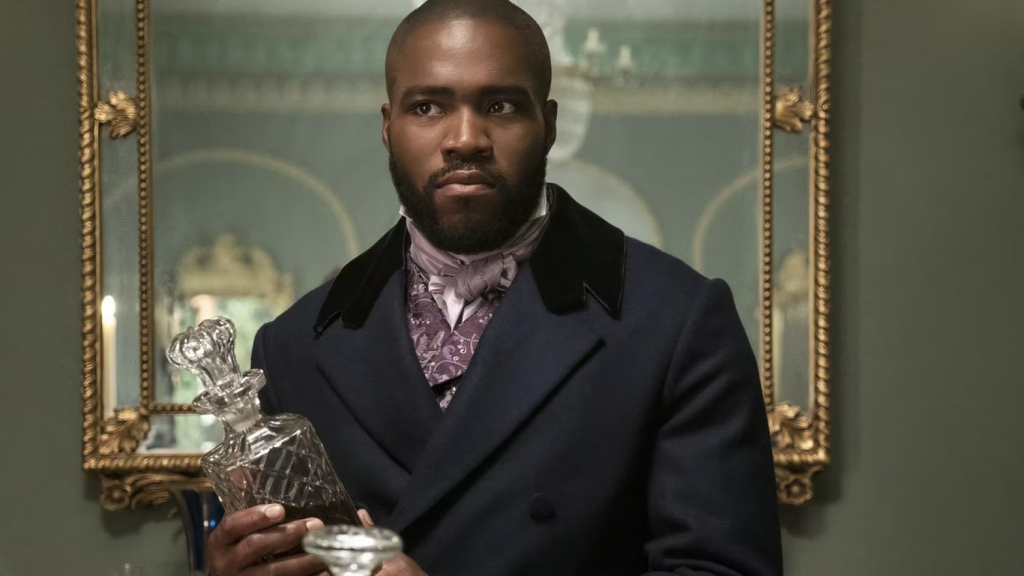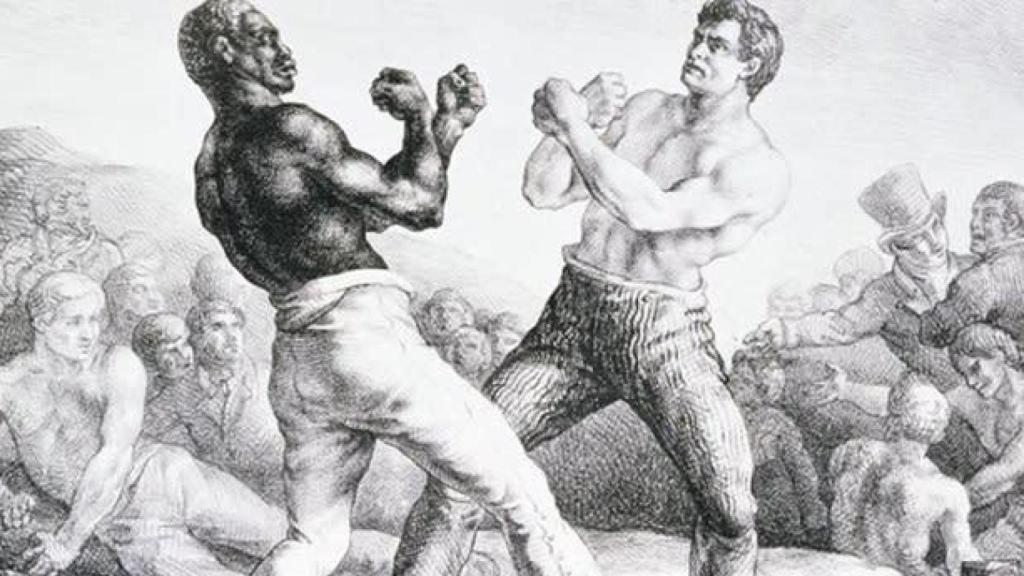
The real story of Bill Richmond, the boxer who was a slave and who inspires a character in 'Bridgerton'
The character from the Netflix series is slightly based on a boxer who actually existed.
Crowned as one of the most viewed series on Netflix, Bridgerton has made its success indisputable and the phenomenon has only continued to grow, generating more and more curiosity among its viewers.
The period series takes us back to the Regency era in England and departs from historical accuracy, taking all possible creative liberties and loosely based on the novels by Julia Quinn. However, even though it is a series that never shies away from fiction, it does have a backdrop of reality and there are characters based on real historical figures.
The royalty members in the series, like Queen Charlotte (Golda Rosheuvel) and King George (James Fleet), are somewhat faithful to history. But there is another character who, although goes unnoticed, is also inspired by a real person. This is Will Mondritch (Martins Imhangbe).
No historical figure had that name, nor did they befriend the Duke nor lived a scandalous love story -as far as we know-, but the character of Will was indeed inspired by the famous boxer of the time Bill Richmond, also known as The Black Terror.
Both were very talented boxers, shared a first name, and achieved a certain notoriety in an era that marginalized and enslaved black people, but Richmond's story had origins even harsher than those of the Bridgerton character.
Who was Bill Richmond

Illustration of Bill Richmond
The fact that Richmond's trajectory differed from his counterpart in the series is another example of reality surpassing fiction. The famous boxer lived between the years 1763 and 1829, approximately the same period in which Bridgerton unfolds. However, he was born in the United States and spent the early years of his life enslaved.
In his youth, Richmond drew the attention of the British nobleman Hugh Percy, who served as a soldier stationed in New York. That was how Richmond earned his freedom as a teenager. Lord Percy brought him to England, provided him with an education, and secured him an apprenticeship as a cabinetmaker. It was during this time that he met and married his wife, Mary.
After starting a family, Richmond moved to London, where he became successful as a boxer and won 17 of his 19 fights. At that time, boxing was not only one of the most popular sports, but also one of the few places where a black man could earn a place.
He then began training others like the essayist William Hazlitt or even Lord Byron. He also trained his fellow boxer, the well-known Tom Molineaux. But Richmond's greatest achievement was his role as one of the ushers at the coronation of King George IV. Certainly a story referenced in fiction, if only as a nod.




